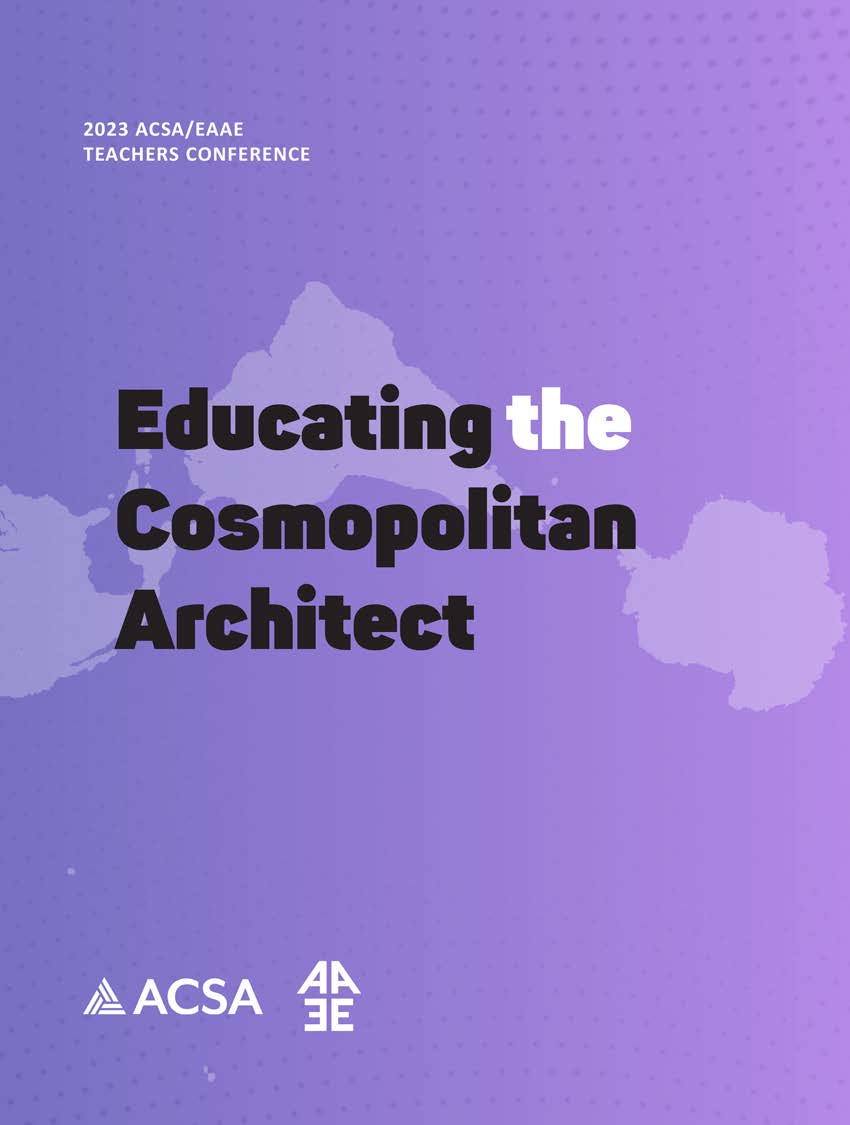Author(s): Adrian Lo & Koen De Wandeler
Covid-19 has quashed cosmopolitan worldviews that took a globalized economy and unlimited mobility for granted. The pandemic focused our attention – albeit temporarily – on local time and place, away from the global challenges of rapid urbanization, environmental degradation, and climate change. To address these challenges, architectural education must adopt transdisciplinary modes of inquiry that integrate discipline and profession, theory and practice as well as the required ethical dimension that reaffirms the discipline’s societal relevance. This paper documents this pedagogical shift by reporting on the first international multidisciplinary summer school on systemic design for health which the KU Leuven Faculty of Architecture (Belgium) and the Thammasat Design School (Thailand) organized in collaboration with Téchne, the technical science for health network set up by the World Health Organization (WHO). This initiative examined the potential of systems thinking and systemic design for improving ventilation, temperature, humidity, and daylighting for the purposes of infection prevention and control (IPC) in the context of mainland South-East Asia. It introduced participants to three distinct study areas in an inner-city built-up area, a peri-urban informal settlement, and a rural hamlet respectively. The working format included a first week where teams conducted successive phases of systems thinking leading to the formulation of bespoke leverage hypotheses. The second week articulated these leverage hypotheses into the parallel production of a systemic matrix and a building typology design. This experiment thus introduced ‘system-wise’ approaches into architectural and design education demonstrating the alignment of systemic design with the aims of the WHO Téchne network in delivering safer, healthier, equitable and sustainable healthcare systems, contributing to the post-pandemic reassessment of cosmopolitanism. Following the success of this experiment, a two-year iterative process has been set to elaborate a widely applicable graphic checklist and design brief for primary health care centers in flood-prone areas in South-East Asia.
https://doi.org/10.35483/ACSA.Teach.2023.59
Volume Editors
Massimo Santanicchia
ISBN
978-1-944214-44-9

 Study Architecture
Study Architecture  ProPEL
ProPEL 
